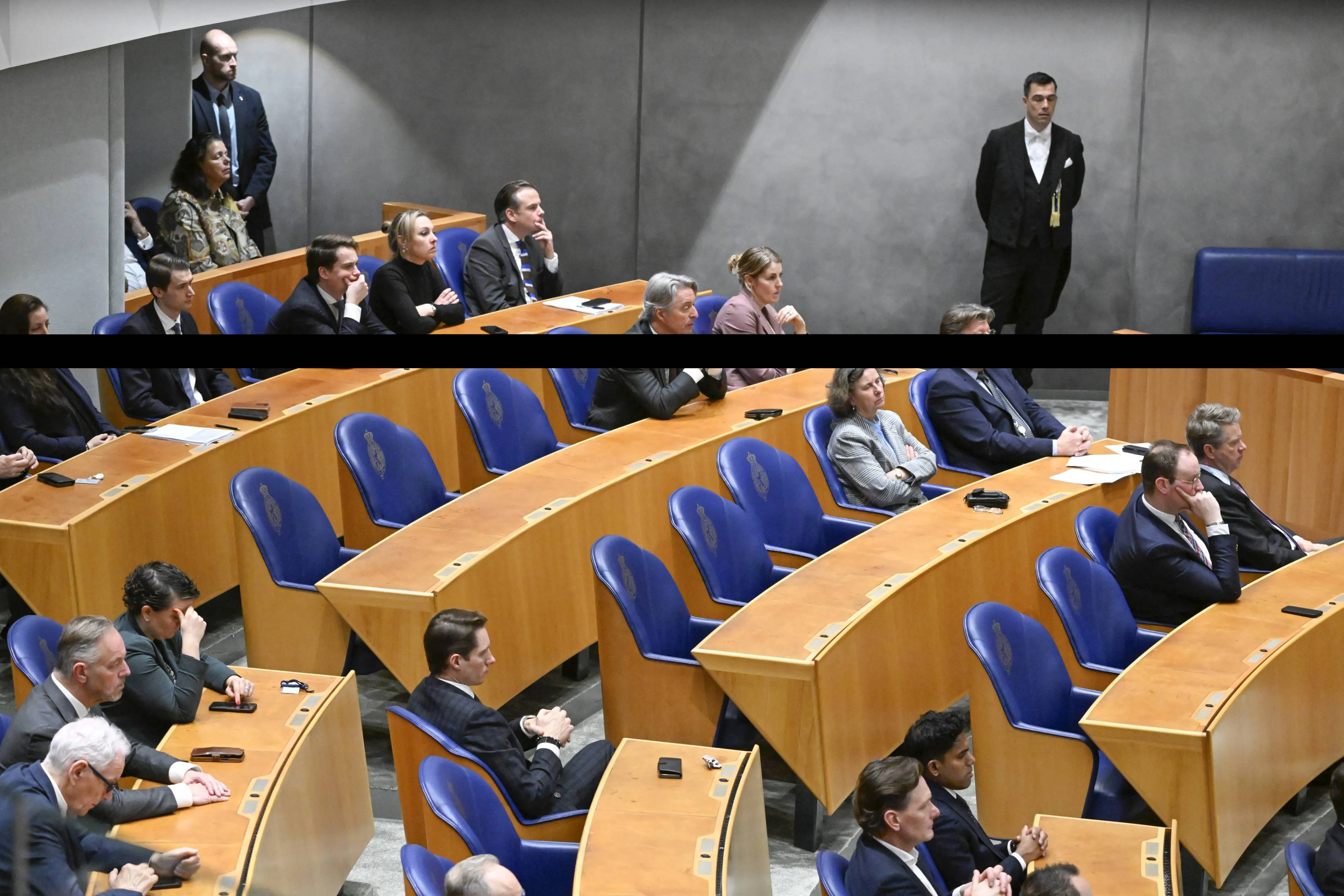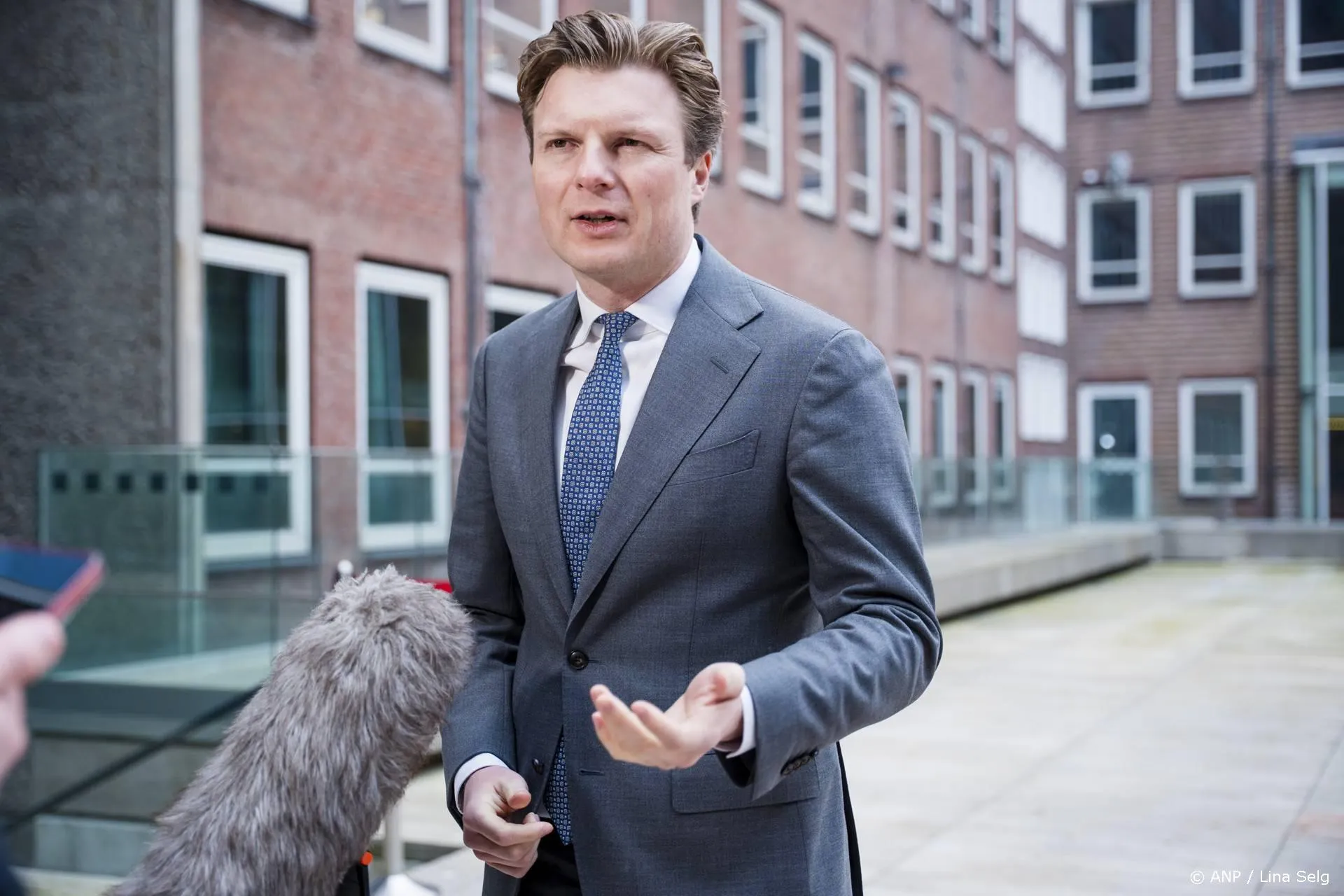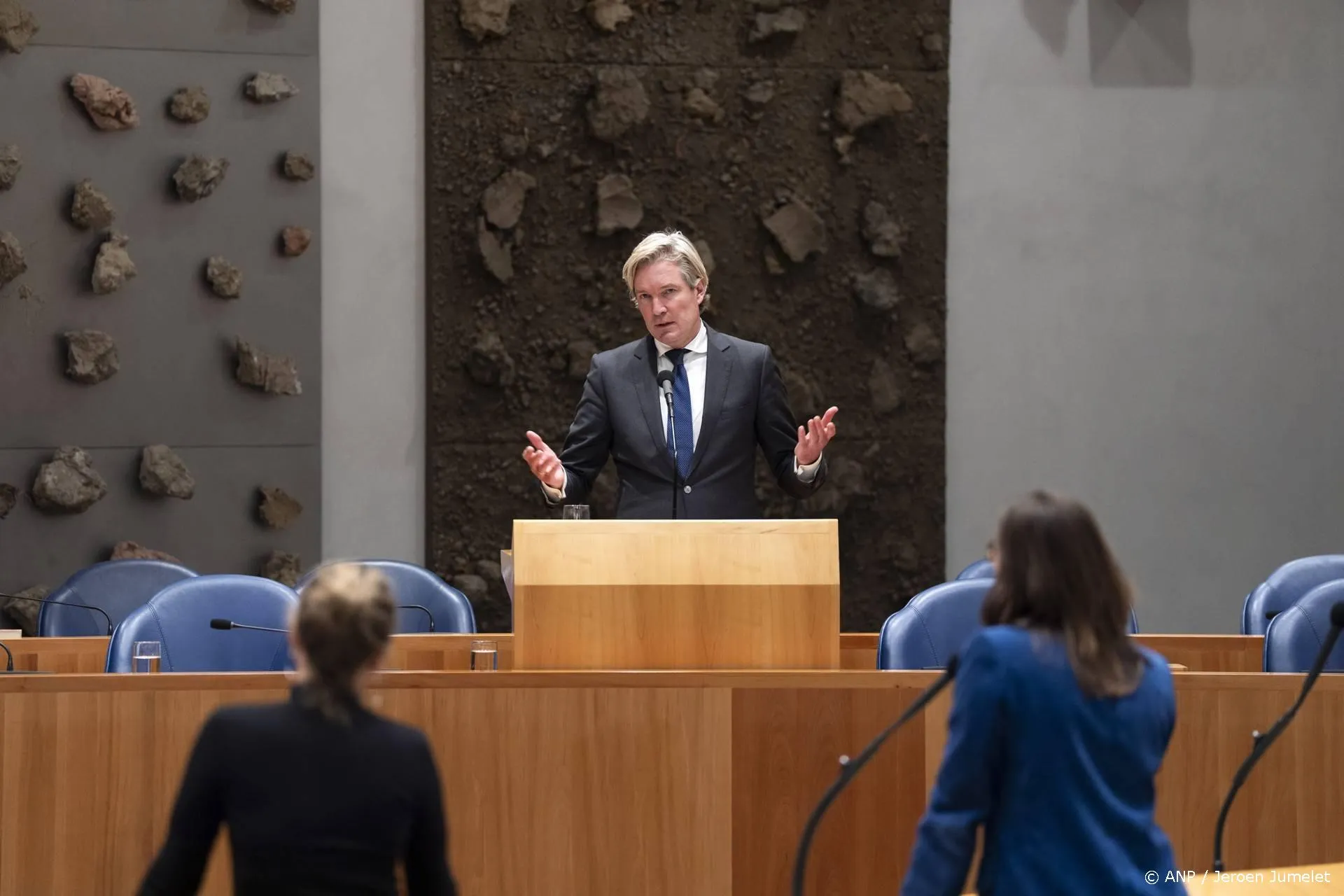Aanscherping EU CO2reductiedoelstellingen geen gelopen race
Visegradlanden liggen dwars.
De EU-leiders hopen op een top aan het einde van deze maand een akkoord te bereiken over de klimaat en energiedoelstellingen voor 2030, gericht op een verdere reductie van de CO2uitstoot, als basis voor investeringen in het Europese elektriciteitsnetwerk en de elektriciteitsindustrie voor de komende 15 jaar. Maar de Visegradlanden liggen dwars.
Men kan slechts hopen dat zij dat zullen volhouden en dat daarmee een halt wordt toegeroepen aan een geldverslindend getuigenisbeleid, dat geen enkele meetbare invloed op het klimaat heeft.
Onder de titel, 'Six EU States Cast Doubt On Proposed 2030 Climate Goals', rapporteerde Sophie Yeo,
Responding to Climate Change Central European countries reject renewables and efficiency goals as part of EUs 2030 climate package.
A central Europe coalition has challenged the EUs latest package of climate policies, three weeks before they are set to be finalised in Brussels. Ministers from the Czech Republic, Slovakia, Hungary, Poland, Bulgaria and Romania stated their opposition to renewable and energy efficiency targets cornerstones of the package of climate change policies that the EU will finalise in October. And they questioned plans to curb EU emissions 40% by 2030 on 1990 levels, saying a target must be set realistically. The states, which together form the Visegrad Group (V4+2), are among the poorest in the EU, and emit a disproportionately high volume of carbon dioxide due to their energy intensive industries and reliance on coal.
These countries have resisted the EUs more ambitious climate policies, concerned that it would leave their economies facing an unfair burden in the transition to a cleaner energy system. The introduction of any legally binding renewable energy and energy efficiency targets at EU or national level is not desirable, wrote ministers from the six countries in a statement, following a meeting in Bratislava, Slovakia.
Bron hier.
De nieuwe Poolse premier Ewa Kopacz deed er nog een schepje bovenop. In haar maiden speech liet zij er geen twijfel over bestaan dat Polen geen aanscherping van de CO2emissiedoelstelling wenst.
Onder de titel, 'Poland on course for battle on new EU climate change targets', schreef Henry Foy:
Poland's new Prime Minister Ewa Kopacz delivers her policy statement at the Polish 'Sejm' parliament in Warsaw, Poland, 01 October 2014. The extraordinary session of the Sejm was held for deputies to vote in a vote of confidence for Prime Minister Kopacz' new government.
Polands new prime minister on Wednesday set her country on course for a battle with Brussels over the EUs future climate change targets.
EU leaders are hoping to strike climate and energy targets for 2030 at a summit later this month that will shape investment in European power networks and industry for the next 15 years, but Poland has emerged as the biggest opponent to a deal.
In January, the European Commission proposed that the 28member bloc should reduce emissions by 40 per cent from 1990 levels by the end of next decade. Although larger nations such as Britain and Germany support this goal, eastern European nations have argued that the cuts would prove disproportionately expensive for them.
Poland has predicted that a 40 per cent reduction in emissions by 2030 from 1990 levels would lead to a 120 per cent rise in domestic power prices.
In her first speech to parliament since taking over as prime minister last month Ewa Kopacz promised that she would not allow Polands energy costs to rise.
During the European Council meeting on October 23 and 24 my government will oppose provisions which will increase costs and prices of energy, she said.
As hundreds of protesting coal miners sounded horns and shouted slogans outside the parliament building, Ms Kopacz suggested Brussels would face a battle to force Poland to switch to cleaner power production.
Coal was of key strategic importance to the country, Ms Kopacz said. She promised industrial reform and laws to protect miners from competition such as cheaper Russian imports, heeding the shouts of the helmeted and flag-waving protesters outside.
I realise how important environmental concerns are?.?.?.?but my government will not accept increases in the costs of energy in Poland and the impacts to the economy, she said, to applause from lawmakers. ...
The speech comes a day after the Visegrad group of Poland, Czech Republic, Hungary, Slovakia plus Bulgaria and Romania released a statement of scepticism on the 2030 EU target plan. ...
Lees verder hier.
Er komen nog steeds wijzen uit het Oosten.
Ondertussen traineert een aantal groene en linkse Europarlementariërs de benoeming van Miguel Arias Cañete, die kandidaat is voor de portefeuille energie en milieu. Hij en zijn naaste familie hebben hun aandelen in de olieindustrie moeten verkopen omdat dit als belangenverstrengeling werd gezien.
Onder de titel, 'Cañetes hearing spells trouble for Juncker', schreef EurActiv:
The formation of a new European Union executive hit trouble yesterday, as the hearing of Spanish commissioner-designate for climate and energy Miguel Arias Cañete revealed mounting opposition among MEPs against his appointment in the Juncker commission. EurActiv Spain contributed to this article.
After the approval of the first ten of the nominees in the first two days of hearings, angry scenes in parliamentary committee rooms yesterday threatened to disrupt a .
The most controversial candidate so far appears to be Cañettimetable under which the new Commission is supposed to be approved en bloc on 22 October and to take office on 1 Novembere, a former agriculture minister, who ran into a barrage of criticism over past links with the oil industry and lastminute changes in his statement of financial interests.
Besieged with questions, Cañete said he had resigned as patron of the Faes Foundation, that he no longer receives salary as president of the Popular Party National Electoral Committee and that he had sold his shares in the oil companies Ducar and Petrologis. Cañete repeatedly dodged questions about his brotherinlaw's interest in energy firms.
Although the commissionerdesignate insisted that both he and his wife and son are now completely detached from this sector, several MEPs asked repeatedly about his brother's relationship with corporate shareholders of the two companies in question.
After several evasive answers, Cañete stated that the declaration of interests submitted to the European Parliament refers only to his closest family. Still, Cañete has said that he has gone beyond the requirements of the code of conduct of the Commission. He repeatedly dodged questions about his brotherinlaw's interest in energy firms.
Lees verder hier.
Met hun verzet tegen de benoeming van Cañete bereikt de groen/linkse paranoia voor fossiele energie een duizelingwekkend hoogtepunt, waarbij de totalitaire trekjes van de groenbevlogenen zich weer eens duidelijk manifesteerden. Wat zou er gebeuren als de fossiele brandstoffenindustrie een maandje vrijaf zou nemen en de levering zou stopzetten? Onze samenleving zou volledig instorten. En dat geldt natuurlijk ook voor het Brusselse vergadercircus.
Voor mijn eerder DDSbijdrage zie hier.
Ga verder met lezen
Dit vind je misschien ook leuk
Laat mensen jouw mening weten
Lees ook
Loading


